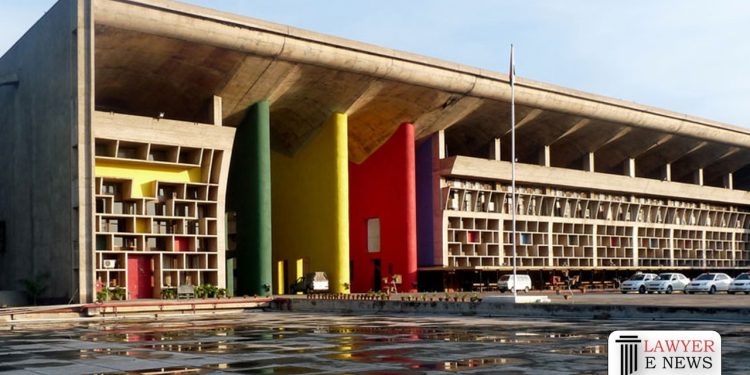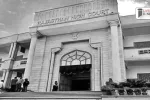High Court Upholds Admission of Secondary Evidence in Cheque Dishonour Case: “No Illegality in Impugned Order,”

In a significant ruling, the High Court of Punjab and Haryana today dismissed a petition challenging the admission of secondary evidence in a case involving cheque dishonour. The case, titled Balraj Singh vs. HDFC Bank Limited, revolved around a dispute over a cheque issued by the petitioner, which was dishonoured due to insufficient funds.
Justice Harpreet Singh Brar, presiding over the case, emphasized, “No illegality or perversity is found in the impugned order,” thereby upholding the decisions of the lower courts to allow secondary evidence for proving a cheque return memo dated 30.01.2014.
The petitioner, Balraj Singh, had approached the High Court under Section 482 of the Criminal Procedure Code (CrPC), contesting the order passed by the Judicial Magistrate Ist Class, Bathinda. The order in question had permitted HDFC Bank to lead secondary evidence to establish the authenticity of the cheque return memo, which was initially incorrectly presented.
In the detailed judgment, Justice Brar noted that the foundational evidence for leading secondary evidence was adequately laid down in both the legal notice and the complaint filed by the bank. The Court opined that the production of such evidence would assist in the discovery of truth and ensure a fair trial, as enshrined under Article 21 of the Constitution of India.
The counsel for the petitioner argued that allowing secondary evidence for the alleged memo dated 30.01.2014 was contrary to settled law. However, the Court found that the judgments cited by the petitioner did not apply to the present case’s facts and circumstances.
The respondent’s counsel highlighted that there was no dispute regarding the cheque number and amount. The error in producing the correct memo was attributed to an oversight due to the rush of work. The Court acknowledged this explanation, emphasizing the importance of discovering the truth in legal proceedings.
The Court also referred to the case of Bharat Dixit vs. Smt. Usha Dixit, outlining the parameters for the admissibility of secondary evidence and underscoring the need for its authenticity to be established on oath.
This judgment is significant as it clarifies the circumstances under which secondary evidence can be admitted in court, especially in cases involving financial disputes and cheque dishonour under the Negotiable Instruments Act. The decision reiterates the judiciary’s commitment to ensuring fair trials and the pursuit of truth through judicious interpretation of the law.
Date on:14.12.2023
Balraj Singh VS HDFC Bank Limited






